Lenders from Europe, Asia looking to establish online banks in the PHL

Lenders from Asia and Europe are interested in establishing digital banks in the Philippines, central bank officials said.
“We continue to receive expressions of interest or EOI from a number of foreign banks abroad in establishing a digital banking business in the Philippines. We are awaiting submission of complete documentation on their obligations so that BSP can start the assessment process,” Bangko Sentral ng Pilipinas (BSP) Governor Benjamin E. Diokno said in an online briefing.
“What we can say is at this point is that we received expressions of interest from banks in Europe and in the Asian region,” BSP Managing Director for Policy and Specialized Supervision Lyn I. Javier said.
The central bank last year released a framework differentiating digital banks from traditional lenders. It defined a digital bank as a lender that mainly caters clients’ financial needs via an online platform versus traditional banks’ brick-and-mortar model.
These all-online lenders are expected to help the BSP achieve its goal to bring 70% of the country’s adults into the formal financial system and have 50% of transactions, in terms of both value and volume, done digitally.
The BSP this month granted the country’s third digital bank license to UNOBANK, which is the local unit of Singapore-headquartered DigibankASIA Pte. Ltd. Tonik Digital Bank, Inc. (Philippines) has also converted its rural bank license granted in 2019 to an online banking permit, while Overseas Filipino Bank, a subsidiary of the state-owned Land Bank of the Philippines, was granted a license in April.
CIMB Bank Philippines, Inc. and ING Bank N.V. Manila also have all-online banking platforms that allow customers to transact via their apps.
“Meanwhile, we’re processing the application for conversion to a digital bank by an existing foreign bank operating in the country,” Mr. Diokno said on Friday.
The Monetary Board initially said it would only grant up to five licenses after the framework was released, but Mr. Diokno has said they could increase this limit if they see strong demand.
Mr. Diokno also noted that the country remains a favorable prospect for foreign banks looking to expand despite the impending exit of Citigroup, Inc. from its consumer banking business in the country.
“We do not see this as becoming a trend among foreign banks. Foreign banks in the country are increasingly focusing their attention on sustainability and mobilizing funds to economic sectors that will contribute to a net zero or low carbon economy,” the BSP chief said.
Among the 29 foreign banks currently operating in the country, Mr. Diokno said 12 are included in the 2020 list of Globally Systemically Important Banks.
However, these foreign banks remained stable and well-capitalized despite the pandemic, he said. The capital adequacy ratio of foreign banks in the country stood at 27.5% at end-March.
“Given their global market expertise, foreign banks can facilitate underwriting of green, social or sustainability bonds or finance infrastructure projects in key sectors such as renewable energy and low carbon transport,” Mr. Diokno said. — LWTN



